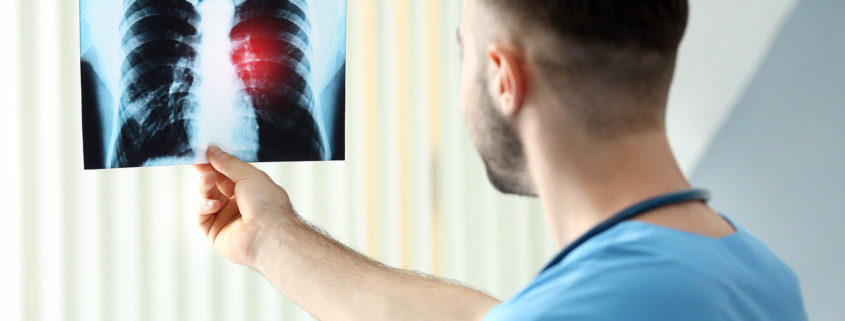What Patients Can Do To Enhance Cancer Treatment Outcomes?
Modern cancer treatments can be very effective and over half of cancer patients in England and Wales now survive for ten or more years after receiving their diagnosis. Thanks to being seen quickly, technology advancements, and increasing awareness over symptoms, more and more people are living a full and healthy life after their cancer.
While treatments, such as radiotherapy, chemotherapy, and surgery, have high success rates, it is also important that patients do what they can to improve their chances of survival.
Here are some things they can try to enhance the outcome of their treatment.
Help your body recover
The side effects of chemotherapy and radiotherapy can often be very difficult to manage, and can include hair loss, fatigue, diarrhoea, constipation, nausea, vomiting, loss of hearing, digestive complaints, a greater risk of infection and anaemia.
Bruising, mouth ulcers, insonia, skin and nail changes, impact on the nervous system, poor kidney function, a lower sex drive, an increased risk of blood clots, reduced fertility, tingly hands or feet, and lack of appetite are also commonly experienced among cancer patients.
As your body is going through such a huge ordeal, with healthy cells being damaged or destroyed as well as the cancerous ones, it is important to help it recover as much as possible.
This involves taking care of yourself, or if you are unable to, making sure someone can look after you instead.
A nutritious diet, staying hydrated, having plenty of rest, and taking exercise when you feel up for it can all do wonders to help your body recover from treatment, and get you back to feeling more like yourself.
Eat well
One of the most important things to do after cancer treatment is to eat a well-balanced diet, so you can be sure your body is getting the nutrients and energy it needs. This means reducing processed foods, such as ready meals, puddings and packaged items, and eating a more wholesome diet.
Although lots of patients lose their appetite, feel sick, or have mouth ulcers when they are recovering, which can all put them off eating, it is essential to get enough protein, carbohydrates, vitamins and minerals to fuel your body when it is at its weakest.
It is also sensible to limit alcohol, as this could affect the treatment, and potentially make the side effects worse. For instance, if you have mouth sores or have been vomiting regularly, drinking alcohol can make this very uncomfortable and exacerbate symptoms.
Stop smoking
Smoking is the biggest cause of cancer, and is responsible for at least 15 types. Therefore, it is not wise to carry on smoking after being diagnosed, as it could encourage the cancer to come back or put you at a higher risk of developing another form of cancer.
Even the occasional cigarette increases your chances of getting cancer, with each one containing 5,000 different chemicals.
Cancer Research UK warns “there is no safe level of smoking”, so those in recovery should stop immediately and lower the risk of developing a tobacco-related illness.
Keep your weight stable
Despite the widespread awareness of the risks of obesity, more than a quarter of adults in England fall into this category, and an additional 37.9 per cent of people are overweight.
However, being overweight or obese is the second biggest cause of cancer in the UK, as the extra fat in the body sends signals to cells to divide more often, which can result in cancer.
Therefore, it is a causing factor in more than one in 20 cases, with the risk of developing cancer being higher the heavier you are and the longer you have been overweight.
That is why it is essential for patients who were either obese or overweight before their treatment to try and maintain a healthy weight instead. By eating well, doing exercise, and being more active in daily life, they can start to lose the extra pounds and reduce their risk of developing cancer again.
Follow-up appointments
As well as taking good care of yourself and possibly making changes to your lifestyle, it is essential to continue with follow-up appointments. If the treatment is successful, the patient can go into partial or complete remission, which means the signs of the cancer have been reduced or have completely disappeared.
However, cancer can always come back, with most doing so within five years of having treatment. This is why it is essential that patients not miss their regular scans or tests to check whether it has returned.
It is also important they consult with the radiotherapy centre if they are concerned about any symptoms or abnormalities in their body that they believe could be a sign they are no longer in remission.


